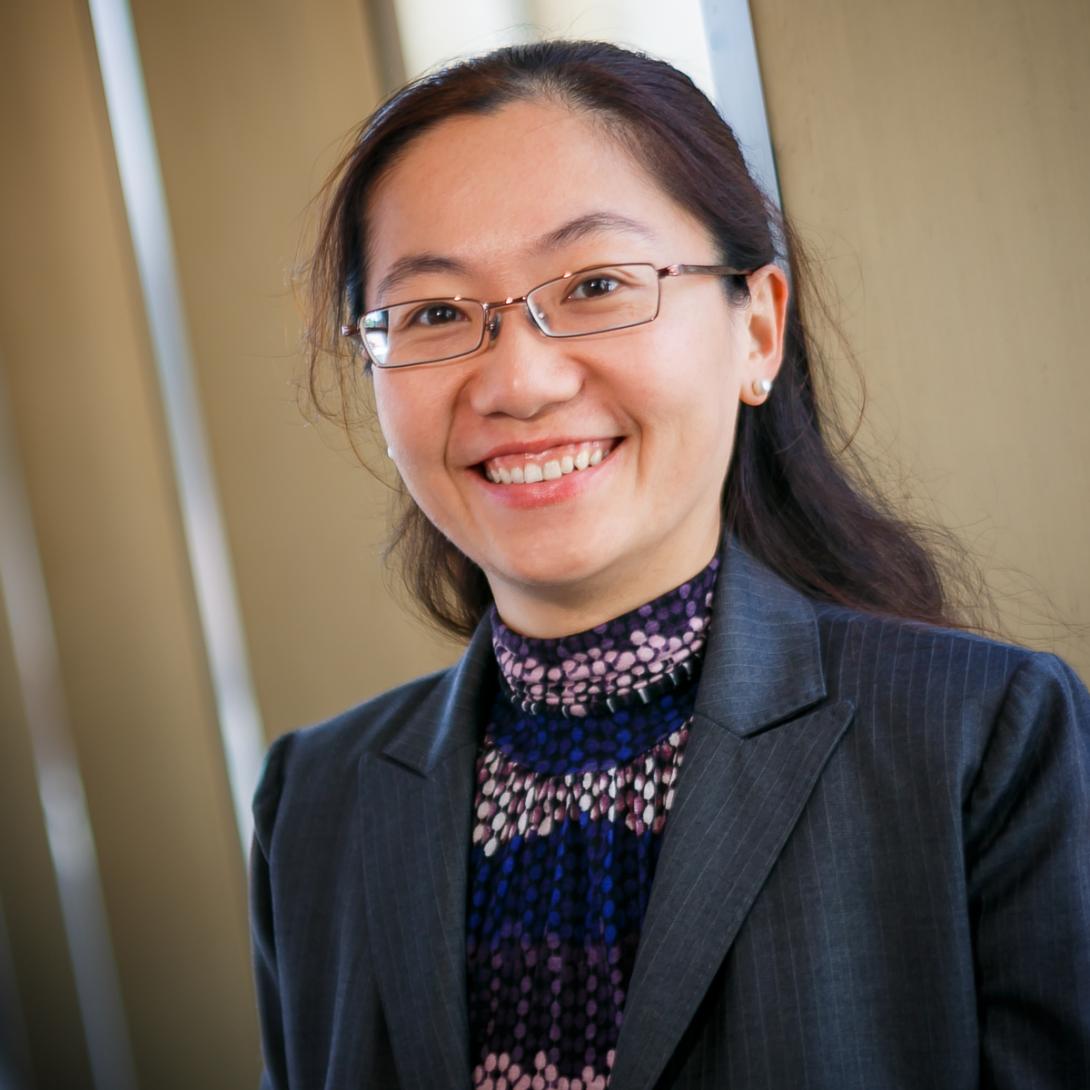
Yu-Fen (Kathy) Chou, PhD
Research Interests
Dr. Chou received her doctoral degree in biomedical engineering from UCLA and completed her postdoctoral fellowship training at Center for Regenerative Medicine in Massachusetts General Hospital and Harvard Medical School in Boston. At UCLA, Dr. Chou’s research focused on biomaterials and tissue engineering for bone and cartilage regeneration in mouse model.
Upon completion of her doctorate studying biomaterials and adult stem cells, Dr. Chou extended her research interest in understanding the molecular mechanism of pluripotency in embryonic stem (ES) cells and germline stem cells. A novel stem cell line was derived by Dr. Chou from murine blastocyst embryos using a combination of bFGF, ActivinA and BIO, and in the absence of LIF and BMP4, growth factors thought to be critical for murine ES cells. This novel blastocyst-derived stem cell line may serve as an important tool to enhance our understanding of stem cell biology. Dr. Chou has served as a Science Officer in the New York State Stem Cell Science (NYSTEM) program since 2008.
In 2018, she joined the NYS Newborn Screening Program (NBSP) as the Director of External Systems Quality Unit and manages issues with broad impact on external stakeholders of newborn screening systems, such as birth hospitals and Specialty Care Centers for Continuous Quality Improvement (CQI) initiatives. She has overseen the development and implementation of a Hospital Communication Portal in the Health Commerce System (HCS) to strengthen the partnership with more than 120 birth hospitals across NYS. Most recently, she is actively involved in establishing a secure online portal in HCS for newborn screening long-term follow-up (LTFU) by coordinating with clinical specialists to collect data pertinent to public health and clinical outcomes for affected children with an inherited metabolic disorder.
Dr. Chou has a faculty appointment in the Department of Biomedical Sciences (BMS), College of Integrated Health Sciences, University at Albany.